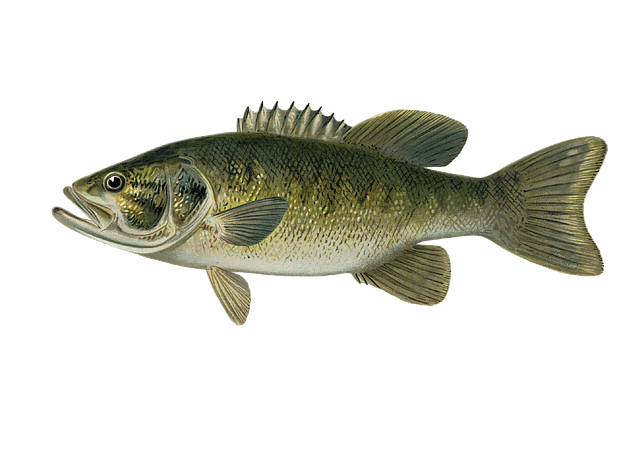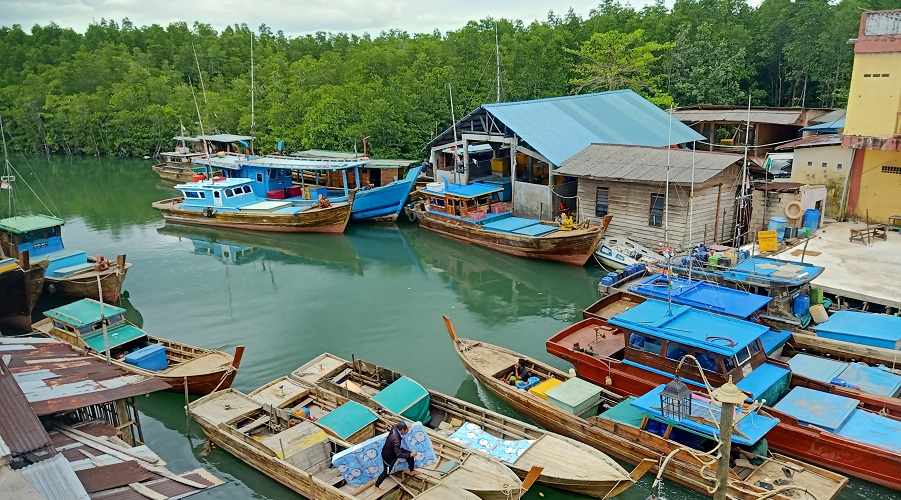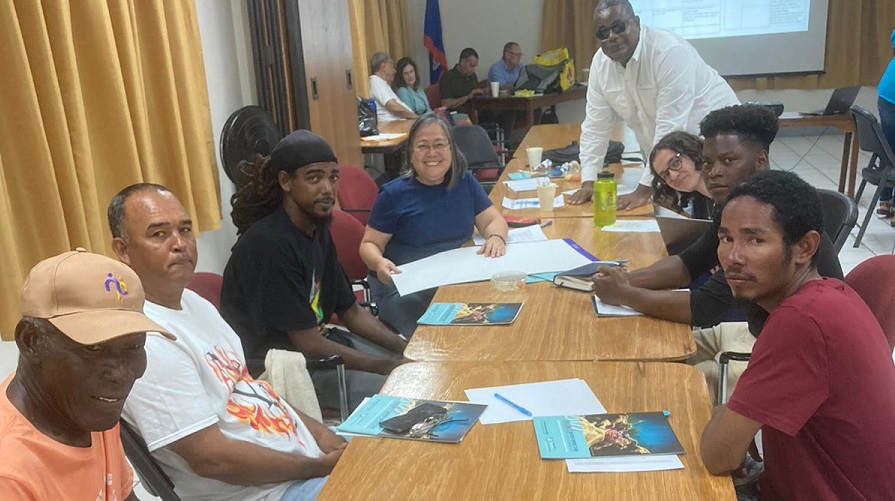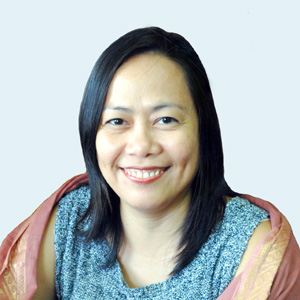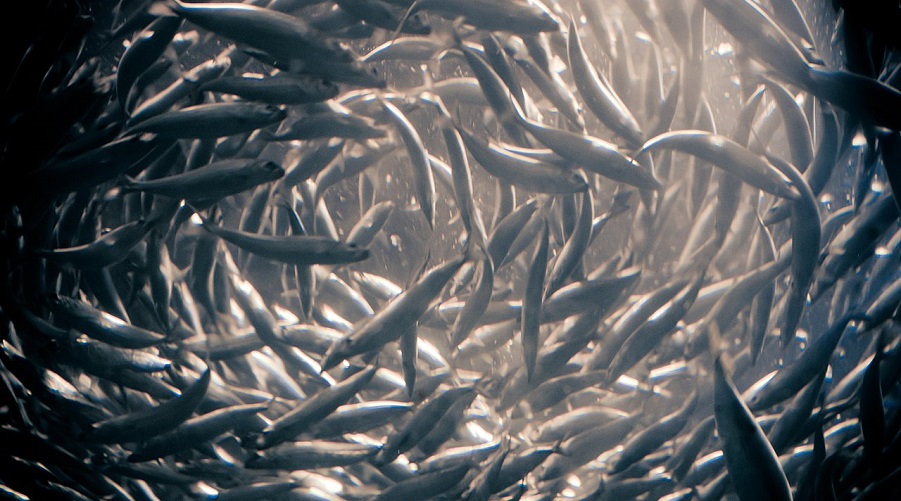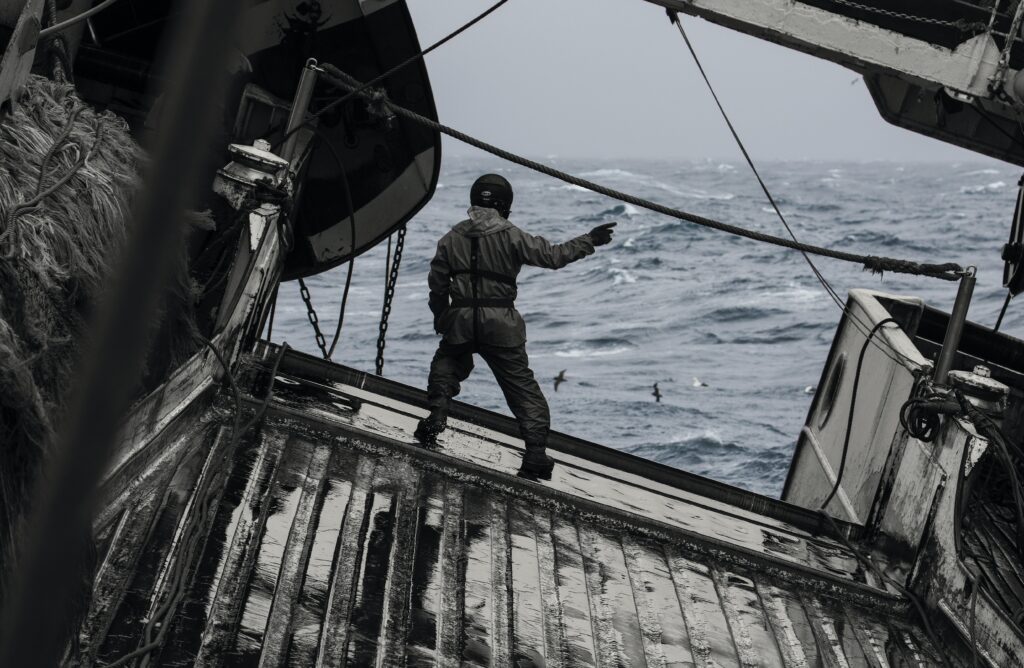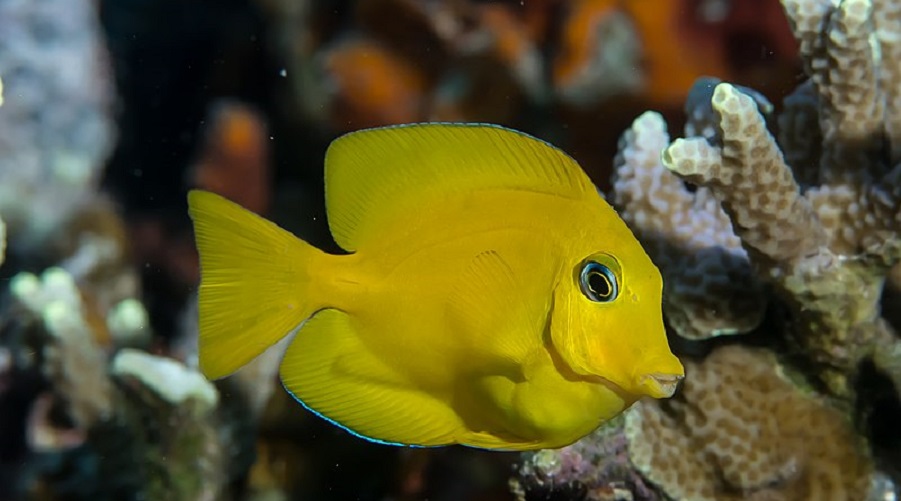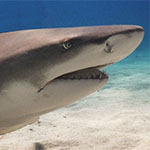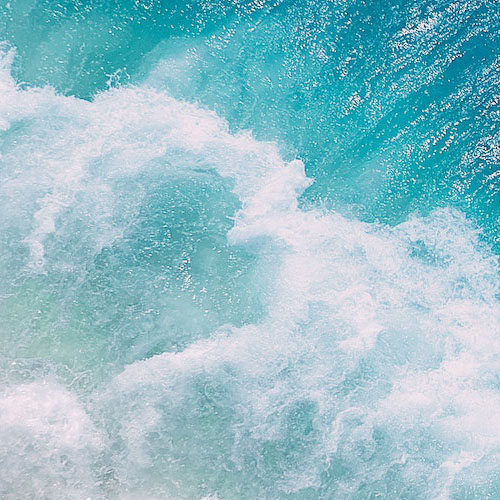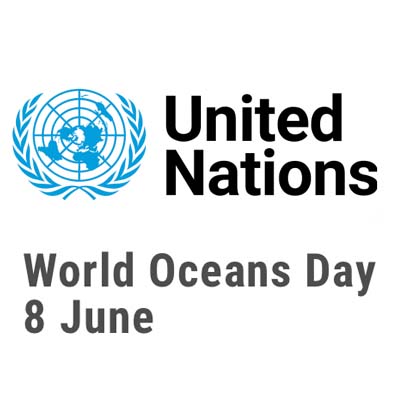 |
Senior Scientist and Project ManagerSea Around Us DegreesPhD, Ecole Nationale Supérieure Agronomique de Toulouse (Institut National Polytéchnique de Toulouse, France) |
Contact Information
Email: m.palomares@oceans.ubc.ca
Office phone: (604) 822-0218
Website: Sea Around Us; FishBase; SeaLifeBase; Quantitative Aquatics; Frontiers in Marine Science
Social Media:
sealifebaseproject.blogspot.ca
facebook.com/TheSeaLifeBaseProject
facebook.com/FishBase
facebook.com/SeaAroundUs
Biography
Dr. Maria Lourdes ‘Deng’ Palomares has been the Sea Around Us Project Manager since June 2017. She is one of the creators of, and is the lead for, SeaLifeBase (since 2005), a biodiversity information system on the world’s marine organisms other than fish, which is patterned after FishBase (i.e., the fish biodiversity information system on the world’s fishes). Deng helps with molding the scientific thrusts (e.g., in defining projects, and the work-flow associated in producing deliverables in a timely manner) of the Philippine NGO, Quantitative Aquatics, as its Science Director. She serves as Specialty Chief Editor of Frontiers in Marine Science’s section on Marine Fisheries, Aquaculture and Living Resources (since 2016). Originally from the Philippines, Deng obtained a PhD from the Ecole Nationale Supérieure Agronomique de Toulouse (France) in 1991 and worked with the FishBase Project at the International Center for Living Aquatic Resources Management (Manila, Philippines) for 10 years before joining the Sea Around Us team in 2001.
Research Interests
Application of well-known theories in fish and fisheries biology as tools to test hypotheses and/or generate knowledge from ‘big data’ repositories. This is in line with the improvement and maintenance of global marine biodiversity information systems, FishBase and SeaLifeBase, which support the Sea Around Us catch database with key data on life history, geographic range, habitat and ecology for all exploited marine species.
Use of anecdotes from ancient voyages and expeditions by naturalists to help extend temporal trends (in species occurrence and volume or in the species composition of some ecosystems of interest) back in time at least to the 19th Century. This might help establish baselines, potentially going back 100 years, notably in understanding the exploitation of some important species groups like fishes and marine mammals.
Investigation of assembled traditional ecological knowledge associated with common names of fish and marine organisms in different languages and cultures and how this can inform or extend information for data-poor species and species groups. Traditional knowledge by fisher communities may help in providing insights, for example, to the spawning and migration behaviours of some species, which may still have escaped scientific scrutiny.
Selected Publications:
Palomares MLD, Pauly D (Editors) (2018) SeaLifeBase. World Wide Web electronic publication. www.sealifebase.org, version (06/2018).
Palomares MLD, Froese R, Derrick B, Nöel S-L, Tsui G, Woroniak J, Pauly D (2018) A preliminary global assessment of the status of exploited marine fish and invertebrate populations. A report prepared by the Sea Around Us for OCEANA. June 30 2018. University of British Columbia, Vancouver. 59 p.
Victorero L., Watling L., Palomares MLD, Nouvian C (2018). Out of sight, but within reach: A global history of bottom-trawled deep-sea fisheries from >400 m depth. Frontiers in Marine Science 5, doi: 10.3389/fmars.2018.00098.
Palomares MLD, Cheung WWL, Lam VWY, Pauly D (2016) Chapter 4. The distribution of exploited marine biodiversity. In: Pauly, D and Zeller, D (eds.), Global Atlas of Marine Fisheries: A Critical Appraisal of Catches and Ecosystem Impacts, p. 46-58. Island Press, USA.
Palomares MLD, Tran LD, Coghlan AR, Sheedy J, Cheung W, Lam V, Pauly D (2015) Taxon distributions. In: Pauly D, Zeller D (eds.), Catch reconstructions: concepts, methods and data sources.Online Publication. Sea Around Us (www.seaaroundus.org). University of British Columbia. [updated in May 2016].
Palomares MLD, Bimbao MAP (2015) FishBase and SeaLifeBase for Teaching and Research in Aquatic Science. Proceedings of the 13th FishBase Symposium held at the Havaner Auditorium, Chandler Hall, IRRI, Los Baños, Laguna, Philippines, 1 September 2015. FishBase Information and Research Group. Philippines, 44 p.
Palomares MLD, Taylor E, Pauly D (Editors) (2014) Big old data and shiny new insights: using FishBase for research. Book of Abstracts. 12th FishBase Symposium, Beaty Museum of Biodiversity. University of British Columbia, Vancouver, Canada. Sea Around Us Project, Fisheries Centre. The University of British Columbia: Vancouver, 98 p.
Palomares MLD, Pauly D (2014) Philippine Marine Fisheries Catches: A Bottom-up Reconstruction, 1950 to 2010. The Fisheries Centre, University of British Columbia, Vancouver, Canada. Fisheries Centre Research Reports 22(1), 171 p.
Simons JD, Yuan M, Carollo C, Vega-Cardenjas M, Shirley T, Palomares MLD, Roopnarine P, Abarca Arenas LG, Ibañez A, Holmes J, Mazza C, Hertog R, Reed D, Poelen J (2013) Building a fisheries trophic interaction database for management and modeling research in the Gulf of Mexico Large Marine Ecosystem. Bulletin of Marine Science 89(1), 135-160.
Strona D, Palomares MLD, Bailly N, Galli P, Lafferty KD (2013) Host range, host ecology, and distribution of more than 11,800 fish parasite species. Ecology 94(2), 544.
Palomares MLD, Bailly N (2011) Organizing and disseminating marine biodiversity information: the FishBase and SeaLifeBase story. In: Christensen V, Maclean J (eds.), Ecosystem Approaches to Fisheries. A Global Perspective, pp. 24-46. Cambridge University Press, New York.
Palomares MLD, Pauly D (2011) Documenting the marine biodiversity of Belize through FishBase and SeaLifeBase. In: Palomares MLD, Pauly D (eds.), Too Precious to Drill: the Marine Biodiversity of Belize, pp. 78-106. Fisheries Centre Research Reports 19(6). Fisheries Centre, University of British Columbia, Vancouver, Canada.
Palomares MLD, Pauly D (2009) The growth of jellyfishes. Hydrobiologia 616(1), 11-21.
Palomares MLD, Heymans JJ, Pauly D (2007) Historical ecology of the Raja Ampat Archipelago, Papua Province, Indonesia. History and Philosophy of the Life Sciences 29, 33-56.
Palomares MLD, Mohammed E, Pauly D (2006) European expeditions as a source of historic abundance data on marine organisms: a case study of the Falkland Islands. Environmental History11 (October 2006), 835-847.
Palomares MLD, Stergiou KI, Pauly D (Editors) (2006) Fishes in databases and ecosystems. Proceedings of the 4th FishBase Mini-Symposium. Fisheries Centre Research Reports 14(4), Fisheries Centre, UBC, Vancouver, BC, 95 p.
Pauly D, Palomares MLD (2005) Fishing down marine food webs: it is far more pervasive than we thought. Bulletin of Marine Science 76(2), 197-211.
Palomares MLD, Pauly D (2004) Biodiversity of Namibian waters: a review of currently available information, p. 53-74. In: Sumaila UR, Boyer D, Skogen MD, Steinshamn SI (eds.), Ecological, economic and social aspects of Namibian fisheries. Eburon Academic Publishers. Delft, Netherlands.
Froese R, Palomares MLD (2000) Growth, length-weight relationship, maximum length and length at first maturity of the coelacanth, Latimeria chalumnae. Environmental Biology of Fishes58, 45-52.
Pauly D, Christensen V, Froese R, Palomares MLD (2000) Fishing down aquatic food webs. American Scientist 88, 46-51.
Palomares MLD, Pauly D (1998) Predicting the food consumption of fish populations as functions of mortality, food type, morphometrics, temperature and salinity. Marine and Freshwater Research 49(5), 447-453.
Palomares MLD, Froese R, Pauly D (1993) On traditional knowledge, fish and databases: a call for contributions. SPC Traditional Marine Resource Management and Knowledge Information Bulletin 2, 17-19.
Palomares MLD, Pauly D (1989) A multiple regression model for predicting the food consumption of marine fish populations. Australian Journal of Marine and Freshwater Research 40(3), 259-284.
Pauly D, Moreau J, Palomares MLD (1988) Detritus and energy consumption and conversion efficiency of Sarotherodon melanotheron (Cichlidae) in a West African lagoon. Journal of Applied Ichthyology 4, 150-153.
Pauly D, Palomares MLD (1987) Shrimp consumption by fish in Kuwait waters: a methodology, preliminary results and their implications for management and research. Kuwait Bulletin of Marine Science (9), 101-125.
Other
SCUBA diver who experiments with underwater photography. Speaks French and Tagalog fluently, and with working knowledge of Spanish. Volunteers with the Science World’s ‘Meet a Scientist Program’ and is a friend of Mundus Maris (www.mundusmaris.org).
Related stories:
